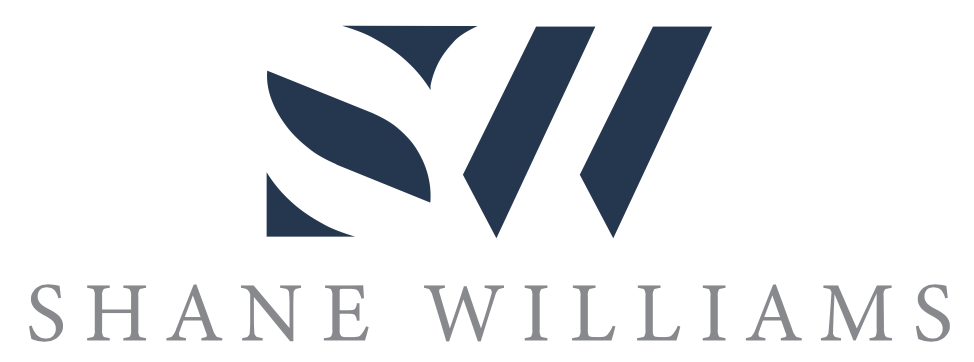Standing of the Shoulders of Giants
Rolf Krolke is a true veteran of the tech world. He has worked for big names such as Dell, Microsoft, and Amazon in a variety of senior management engineering roles. Now Rolf is the Head of Technology Services at investigate analysis and intelligence software vendor, Nuix.
“We are the masters of unstructured data,” Rolf tells me when I ask him to explain a bit more about what Nuix does. The software vendor specialises in transforming messy data created by humans into a flat, searchable format. Nuix now also offers products that cover digital forensic investigations, offering adaptive security to its clients.
Nuix is the perfect example of a start-up that has soared to great heights. After working in the industry for quite some time, I have found that this type of longevity is an anomaly. Often, startups begin with a period of hyper-growth. However, I have observed that many get to a tipping point where once businesses are forced to begin standardising and become more 'mature', what once was hyper-growth slows into growing pains.
“When I joined Nuix, it was still very much in that startup mentality,” Rolf tells me. “There were different systems and people working on different projects. My role was to bring it all together. I really started with a full audit of the platforms, and then asked, ‘how do we start to standardise?’”.
Curious as to how this impacts a business, I asked how he won the hearts and minds of the teams who had experienced large freedoms, and now were asked to work more restrictively.
“One of the things I wanted to communicate with our engineers is that most of this standardisation needs to occur as it is a market-driven demand. On a daily basis, we would be asked by customers to see our vulnerability reports. Bringing the product and engineering teams on the journey and exposing them to what customers are asking makes the changes much easier to implement. Now our team always looks to solve a problem in the most secure way. It is a value which has really resonated within our organisation.”
Nuix’s expansion into the security space was something I found curious. I asked Rolf whether he thinks this is because it is a value of their customers.
“Our products are used across law enforcement, corporate finance, and other industries with highly sensitive data. They require us to be on top of our game from a security perspective.”
From an engineering perspective, Nuix is an interesting case. It appears that the business is largely building platforms over the top of a platform, or standing on the shoulders of giants, as I said in the podcast.
“The unique thing about Nuix is everything revolves around our processing engine, which can suck in over 1000 different file types. That searchable structure underpins everything. Then we look at building platforms to sit on top of that, like our digital forensics tool or our 'discover' platform.”
This architectural design is indeed unique, and it appeared to me that Nuix’s approach to build versus buying is driven by automation to ‘keep the lights on’, so the talented humans can keep bringing new products to market.
Nuix’s approach to industry certification is also entirely determined by their customers, as Rolf tells me that security standards are becoming part of the DNA of the company.
“Another reason we buy off the shelf is that we want to build for customers to generate revenue, we don't want to build for our own internal problems.”
Are you a maturing start-up that is looking to engage in standardisation? Or perhaps you need to reconsider whether the foundation of your business is customer focused? Your decision for building or buying should always feed back into the core purpose of your business. Rolf also urges you to consider the operational costs of building something that could be someone else’s problem, while you can continue to work on the projects you want!
